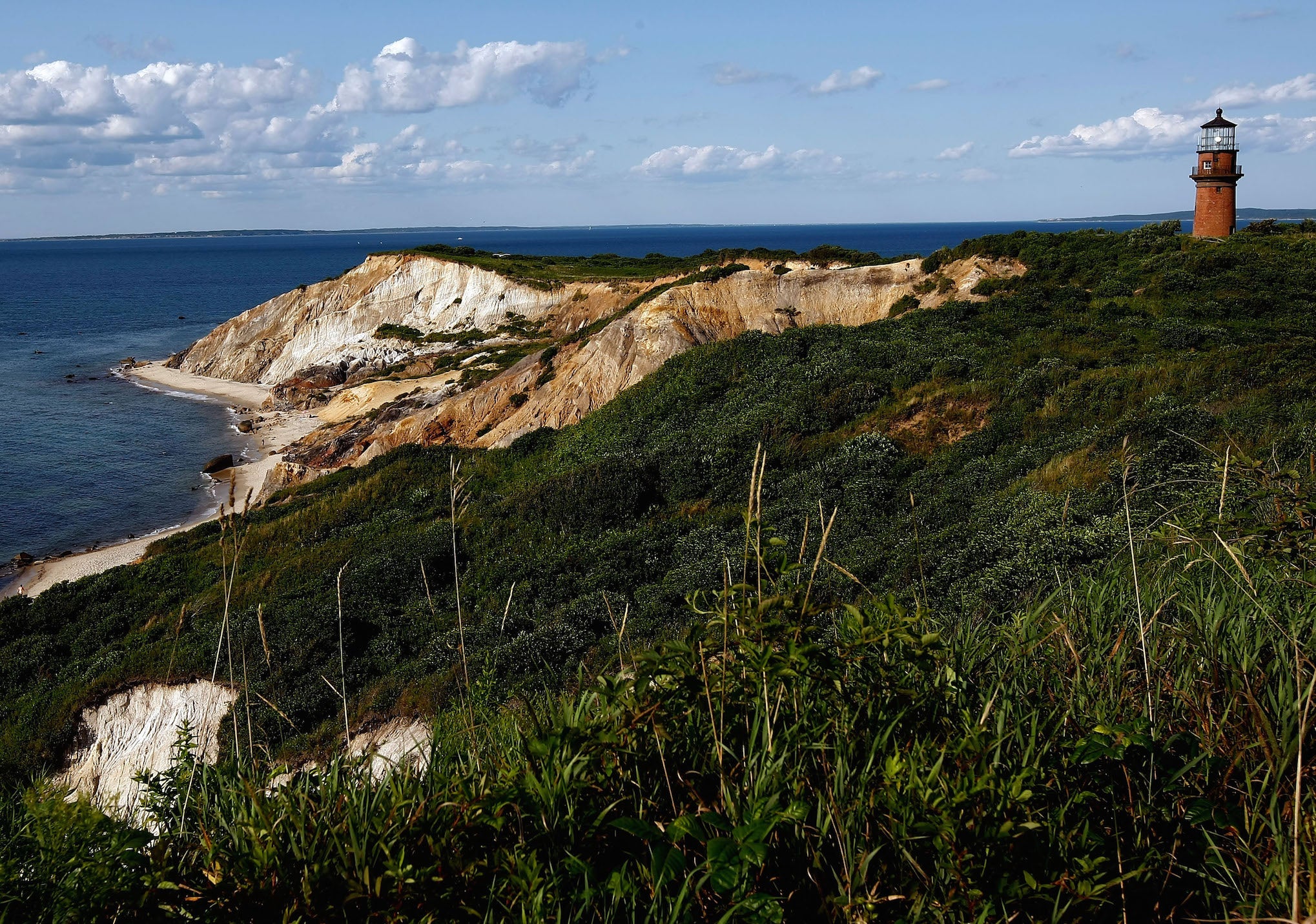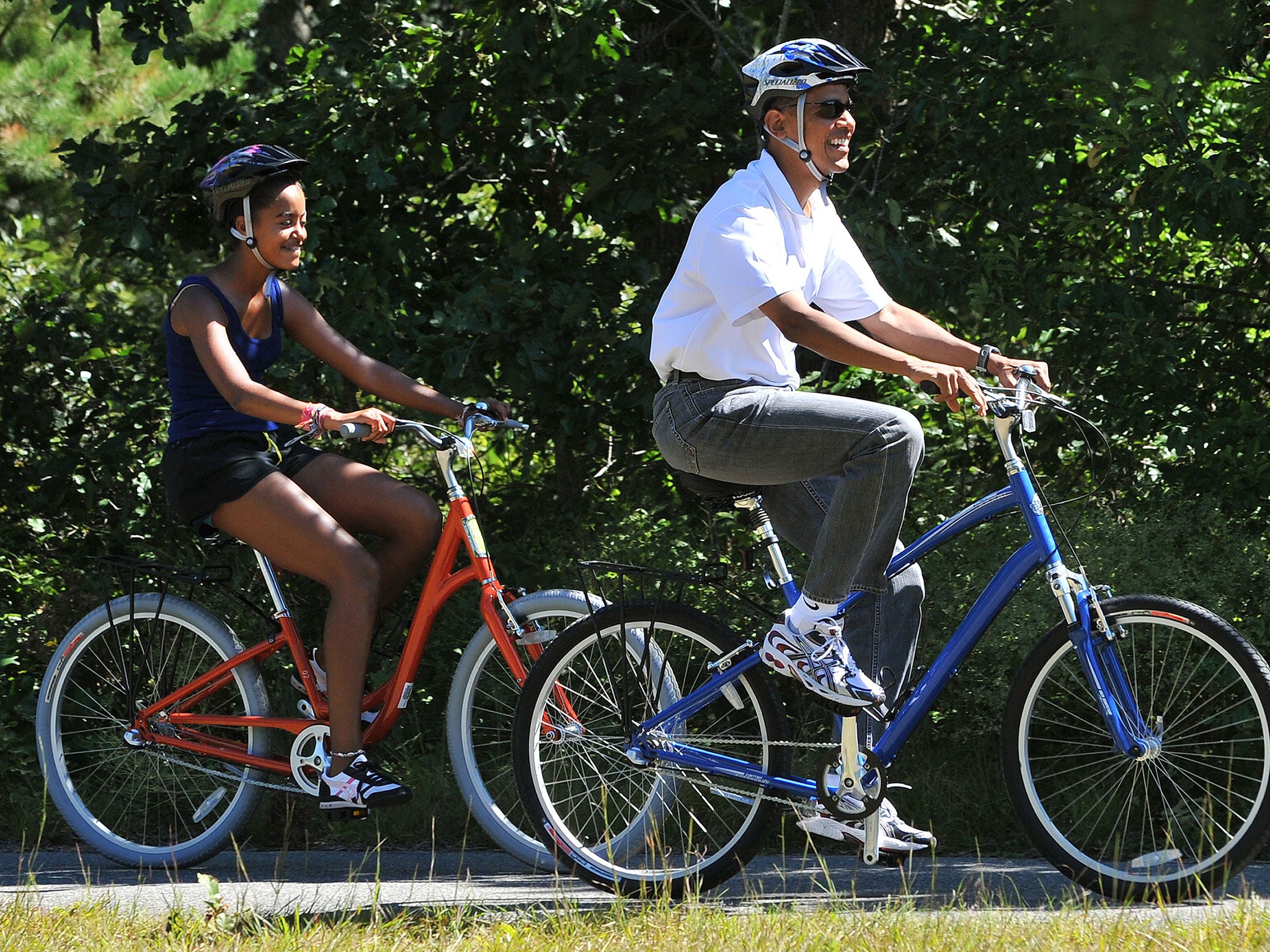Martha's Vineyard divided by Native American tribe's gamble on opening a casino
Native Americans think development will bridge gap between haves and have-nots. But the rich don’t agree

Your support helps us to tell the story
From reproductive rights to climate change to Big Tech, The Independent is on the ground when the story is developing. Whether it's investigating the financials of Elon Musk's pro-Trump PAC or producing our latest documentary, 'The A Word', which shines a light on the American women fighting for reproductive rights, we know how important it is to parse out the facts from the messaging.
At such a critical moment in US history, we need reporters on the ground. Your donation allows us to keep sending journalists to speak to both sides of the story.
The Independent is trusted by Americans across the entire political spectrum. And unlike many other quality news outlets, we choose not to lock Americans out of our reporting and analysis with paywalls. We believe quality journalism should be available to everyone, paid for by those who can afford it.
Your support makes all the difference.Summertime, and the living is pricey. Small hotels are charging $500 (£320) a night – without breakfast – and tourists renting a car for a week will not get much change from $1,500.
Not that this troubles many visitors to Martha’s Vineyard, plenty of whom spend their days searching not for parking spaces but yacht moorings.
That search has become tougher still, now that the US President is in town. August is always busy, even without the retinue of aides and security staff that President Obama has brought with him on his sixth presidential holiday to the Massachusetts island, off the coast of Cape Cod.
These two weeks mark the zenith of the island’s seasonal boom, when the population swells sixfold, according to figures kept by The Vineyard Gazette. It is also the point of greatest contrast between the tens of thousands of “summer people” and the far smaller, and often far poorer, population that lives here year-round.
That gulf has been brought into even sharper focus this year by a Native American tribe’s proposal to build a casino here. The plan, which calls for bingo machines to be installed in the community centre owned by the Wampanoag Tribe of Gay Head, could generate $4.5m a year for the tribe and, supporters say, help bridge the chasm between rich and poor.
Many of those who spend their summers here oppose the development, arguing that it would disturb the island’s tranquility. The state and the town of Aquinnah, where about 300 Wampanoag members live, argued in a federal court hearing this week that the tribe has no right to build the casino. David Schulte is among the summer residents who oppose the plan. For the investment banker, the appeal of the island lies in the absence of the sort of neon lights that tend to adorn a gambling parlour.
“The ethic here is: If you’ve got it, hide it,” he said, recalling how Bill Clinton would join the line for ice cream.
Mr Obama has maintained that low-key tradition. So far this year, he has remained largely within the secluded confines of his rental home. It was much the same two summers ago, when the Schultes let their 7,000sq ft residence to the First Family.

Mr Schulte was determined that his summer home, now on the market for $22.5m, would be in top condition for the President. “The king is coming, so you want the house to be perfect,” he said. But he stressed that the President himself made no demands.
Just a 10-minute drive from Mr Schulte’s house, though, some members of the Wampanoag tribe believe the days when summer visitors were relatively unobtrusive are long gone. Kristina Hook, an elder, agrees that the island’s super-rich holidaymakers used to blend in. But no more, she says. She singled out “nouveau riche” visitors who ignore stop signs or complain when the tribe forages for berries.
“Summer people – some are not,” Ms Hook said, a rueful quip that captures her mixed impressions. Ms Hook’s home is one-10th the size of Mr Schulte’s, but she still cherishes the island house where she grew up – which had no electricity until the 1950s.
She left the Vineyard in her teens, when her father could no longer find work. She dreamed of moving back but could not afford it. Then, 15 years ago, Ms Hook was offered one of the 30 or so units of wooden tribal housing in Aquinnah.
She blames pollution from overpopulation for the dwindling haul of mussels and scallops when she wades into the island’s ocean-fed “ponds”, while the cost of living is so high that she imports toilet paper from the mainland. At 70, she still works a 40-hour week to support her husband, whose kidneys have failed.
This is why many tribe members believe a casino is the only way for their community to benefit from the summer influx. In court documents, the tribe’s chairman, Tobias Vanderhoop, argues that the extra revenue is “sorely needed” and will boost local employment.
“We as a tribe do not benefit from the tourism industry at all,” said Cheryl Andrews-Maltais, chairwoman of the tribe’s gambling corporation. “We hope to be another entertainment venue for folks to visit so we, too, can capitalise on the industry that keeps the island economy going.”
But some members of the tribe see things differently.
Ms Hook is among them. For her, the development would be a “travesty”, just as detrimental to the tribe’s commitment to nature as the damage inflicted by outsiders. She argues that the tribe should instead set up landscaping or cleaning businesses to create a little income off the summer guests.
“I like to go to the casino,” Ms Hook said. “Just not here.”
© The Washington Post
Join our commenting forum
Join thought-provoking conversations, follow other Independent readers and see their replies
Comments